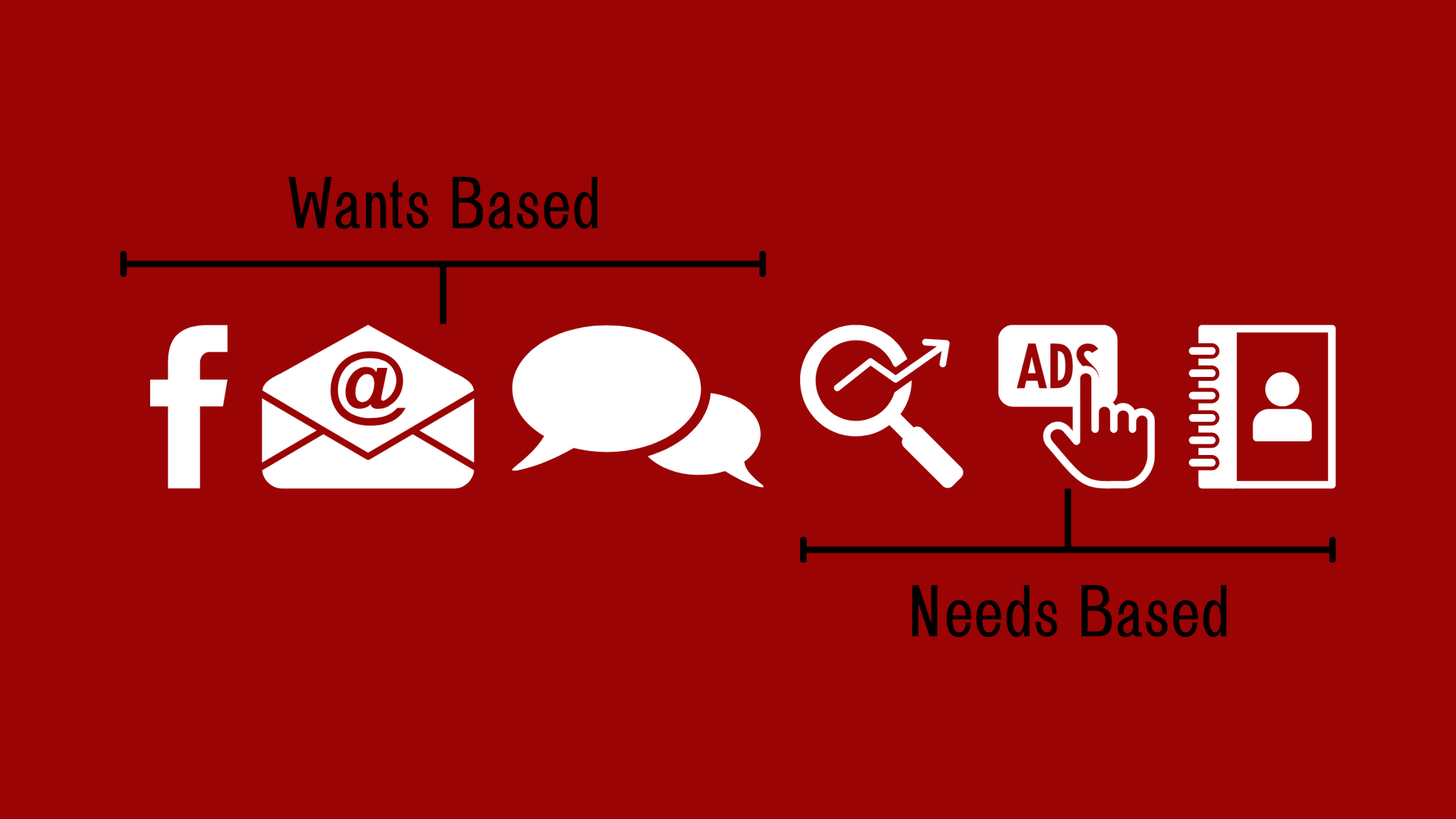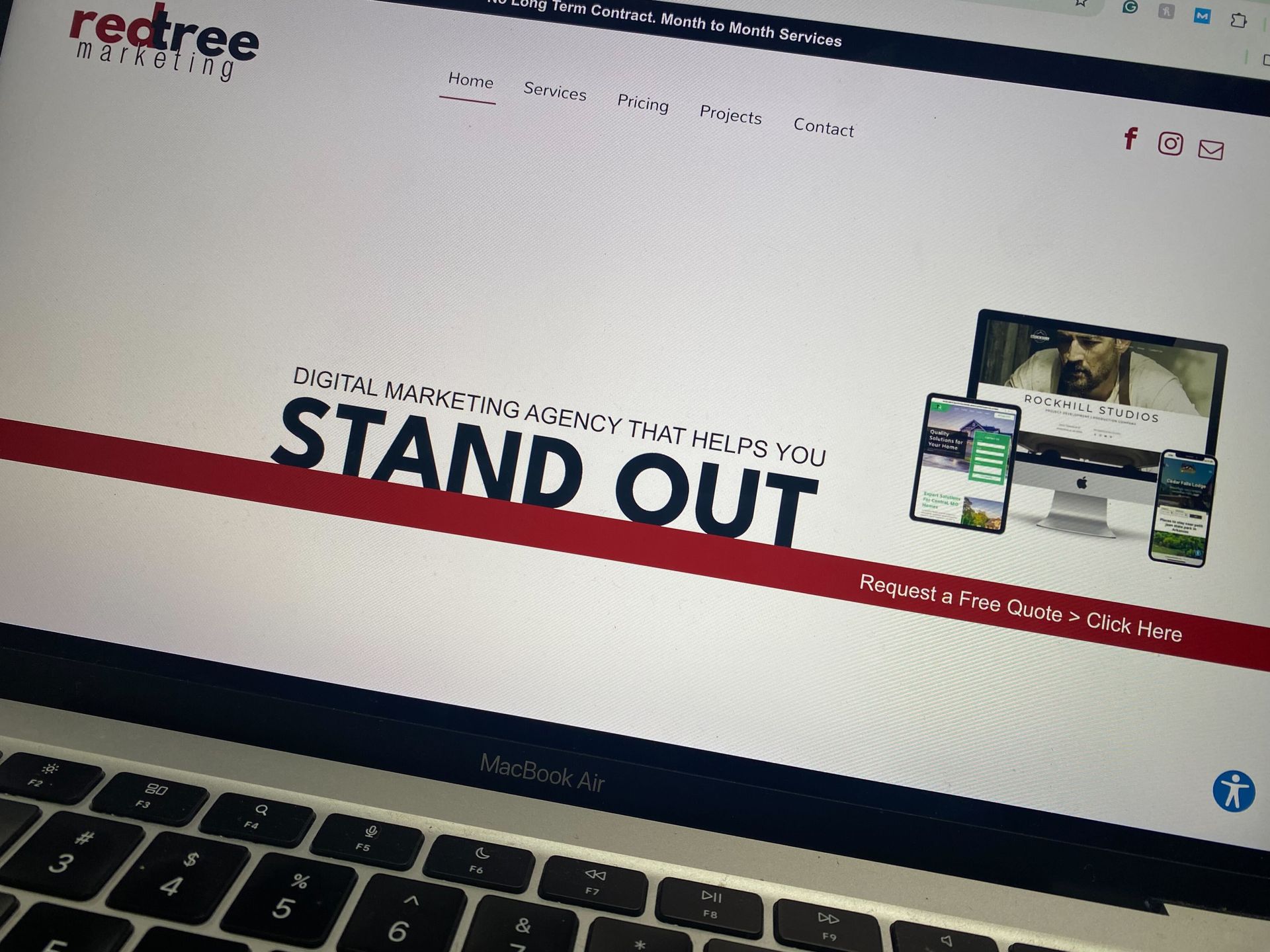Website Security: Why an SSL Certificate is a Must-Have
Have you ever landed on a website only to be greeted with a warning that screams, “Your connection is not private!” or “This site is not secure!”? If so, chances are you hit the back button faster than you can say “cybersecurity.” And who could blame you? The idea of having your personal information stolen—just because you were trying to hire a handyman to fix the hole your dog chewed in the wall or searching for the perfect pair of jeans—is downright terrifying.
No one wants their search history, payment details, or personal data exposed. Unfortunately, it’s all too easy for this to happen when businesses fail to secure their websites properly. If you’re a business owner with an unsecured website, don’t panic just yet. You can take action to protect both your site and your visitors—and it all starts with an SSL certificate.
What Is an SSL Certificate and Why Does It Matter?
When you visit a website, take a look at the address bar. You might notice that the URL begins with either http or https. That extra “s” in https stands for Secure Socket Layer (SSL), and it makes a world of difference when it comes to online security.
An SSL certificate is a digital file that verifies a website’s authenticity and encrypts the data exchanged between the site and the visitor’s browser. This encryption ensures that sensitive information—such as passwords, credit card numbers, and personal details—remains protected from hackers and cybercriminals.
But security isn’t the only benefit of having an SSL certificate. It also boosts credibility, reassures visitors that your site is safe, and even improves your SEO ranking—because search engines like Google prioritize secure websites in search results. In other words, not having an SSL certificate can cost you traffic, trust, and potential customers.
How to Secure Your Website with SSL
The good news? Adding an SSL certificate to your website is easier than ever. Most website platforms offer SSL integration with just a few clicks. In many cases, SSL certificates are even included with your hosting plan. If your hosting provider doesn’t offer one, you can purchase an SSL certificate from a reputable provider like Let’s Encrypt, DigiCert, or GlobalSign.
Final Thoughts
Website security is not just about protecting your business—it’s about protecting your visitors, their data, and your brand’s reputation. If you haven’t secured your website yet, now is the time to act. Start by adding an SSL certificate to create a safe browsing experience for everyone.
Because when it comes to cybersecurity, there’s one rule you should always follow: better safe than sorry.
Updates








